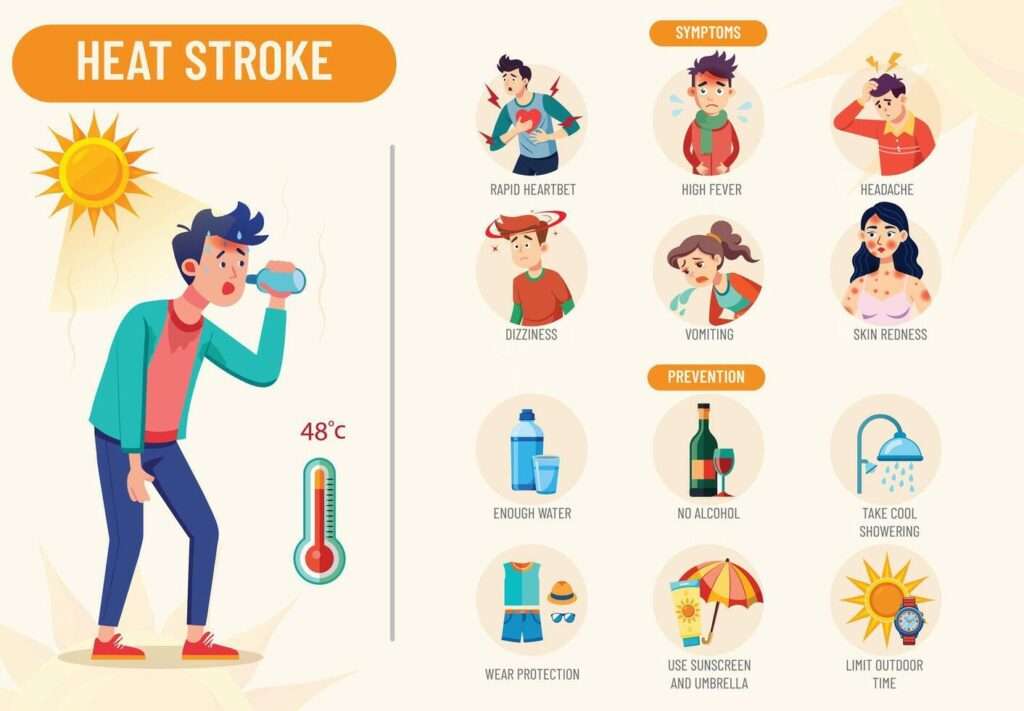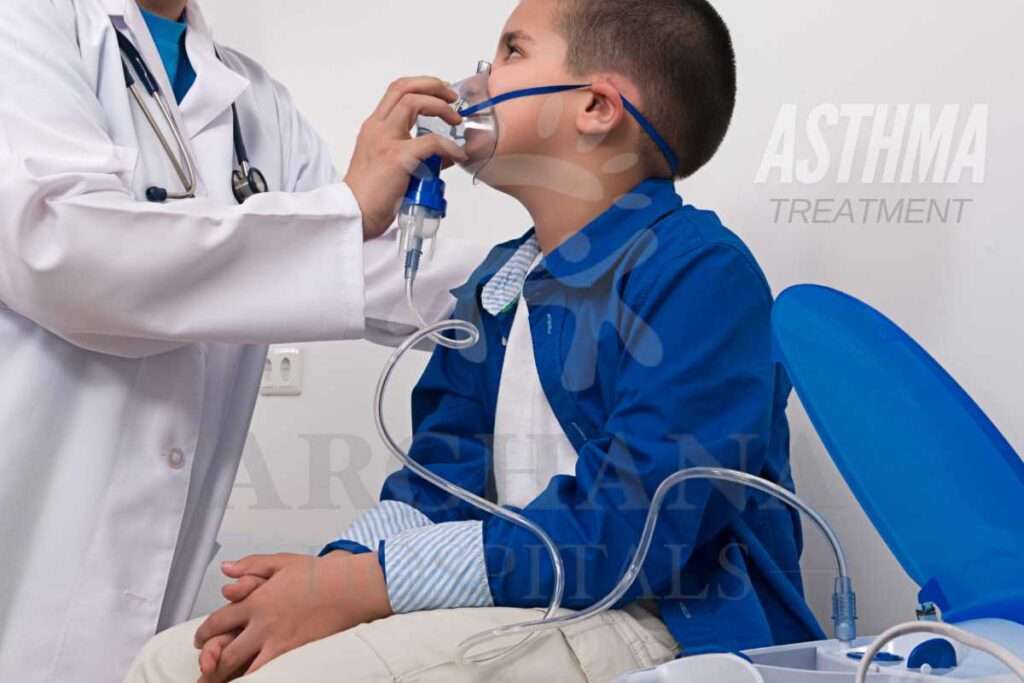Health Risks Due to Extreme Summer Heat: Prevention & Safety Tips

Temperatures in India and worldwide have been rising since the winter season ended. Even the IMD (India Meteorological Department) has warned of even hotter days ahead, with temperatures in many parts of India expected to be higher than normal during the March-May period. The month of February in India was the warmest since 1901. The temperature scale read 29.5 degrees Celsius as the highest average maximum temperature across the country.
While summer is typically a time for fun outdoor activities, this year it is important to recognize the potential health risks that come with the hottest summer temperatures.
High temperatures can cause various health problems, from mild heat exhaustion to life-threatening heatstroke. Let us explore the health risks due to hottest summers.
Heat Exhaustion and Heatstroke
One of the most immediate and dangerous health risks of hot summer weather is heat exhaustion and heatstroke. These conditions occur when the body is exposed to high temperatures and cannot regulate its internal temperature. Symptoms of heat exhaustion include nausea, dizziness, headache, and heavy sweating, while symptoms of heatstroke include confusion, seizures, and loss of consciousness. Both conditions can be life-threatening and require immediate medical attention.
Dehydration
Dehydration is another significant risk during hot summer weather. As the body sweats to regulate temperature, it loses water and electrolytes. Without proper hydration, dehydration can occur, leading to symptoms such as headaches, dry mouth, and fatigue. Severe dehydration can also result in kidney failure and other serious health complications.
Skin Damage
Prolonged exposure to the sun’s harmful UV rays during hot summer weather can also cause skin damage, such as sunburn, premature ageing, and an increased risk of skin cancer. Protecting your skin by using sunscreen, wearing protective clothing, and seeking shade during peak sun hours is essential.
Air Pollution
Hot summer temperatures can also exacerbate air pollution, leading to health risks for those with respiratory conditions. High temperatures can increase the concentration of ground-level ozone, which can cause respiratory irritation and exacerbate asthma and other respiratory illnesses.
Prevention and Safety Tips
To protect yourself and your loved ones from the health risks associated with hot summer weather, consider implementing the following safety tips:
- Stay hydrated by drinking plenty of water and avoiding alcohol and caffeine.
- Seek shade and avoid prolonged exposure to the sun during peak hours (10 am to 4 pm).
- Wear lightweight, light-colored, and breathable clothing.
- Use sunscreen with at least SPF 30 and reapply every two hours or more often if swimming or sweating.
- Use air conditioning or fans to cool indoor spaces.
- Check on vulnerable populations, such as elderly neighbors or those with pre-existing medical conditions.
Be aware of the signs and symptoms of heat exhaustion and heatstroke and seek medical attention if needed.
Therefore, by taking the necessary precautions and staying informed, you can enjoy the summer while protecting your health and wellbeing.










